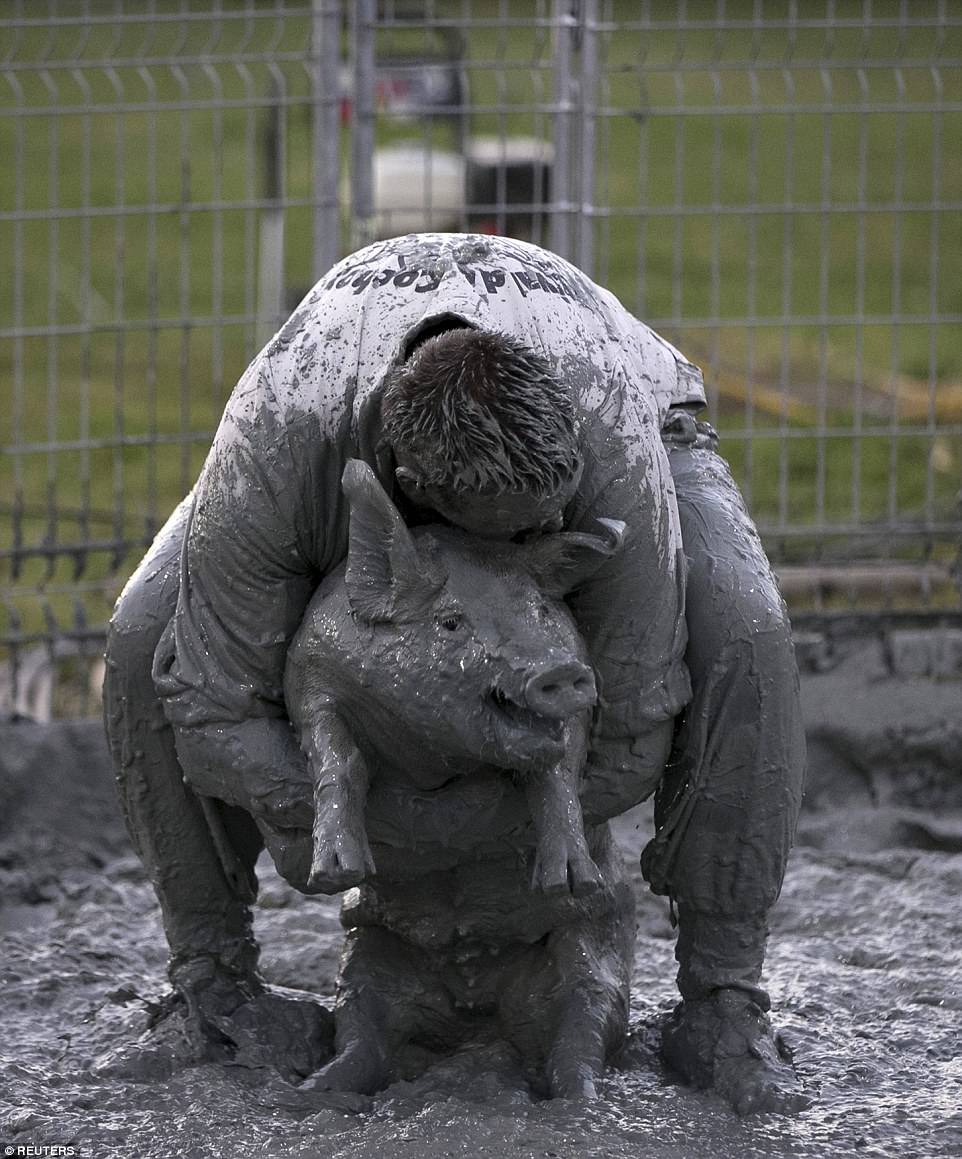I grew up in Maryland - kind of an "in between" state.
I'm curious...what do you make of the reason these monuments were erected - of how they coincided with segrationist movements and such? Was it something you weren't aware of (I wasn't)...?
Like I said - I found the Civil War history fascinating. My father used to take me to the Battle Field sites, and taught me a good bit about it. I'm near both Maryland and Pennsylvania and am frequently coming accross placards commemerating some Civil War event or another. But the monuments in question weren't battle field monuments. That kind of surprised me.
Do you think it might be time to retire some of these symbols to institutions of history, like Museums? I find it hard to imagine that black citizens living in those states could ever feel totally included with those symbols.
Serious thoughts - not trolling or anything.
The guy who carved Mt. Rushmore was fired, and hit upon a sure fire way to stay working for the rest of his life, by proposing the carving on Stone mountain. It was a huge success, because the old South was digging in their heels big time with Jim Crow laws, designed to keep blacks subservient forever. The racial world depicted in "To Kill a Mockingbird" was real. It became much worse, during the depression, because now blacks were entering factories and leaving the fields. That made them an economic threat to the white man. There really was a sign at a county line in Georgia reading, "N***R, don't let the sun go down", implying that he was in danger of being lynched in that county after sunset. I saw it. In the 1950's, if a black man did not shift his gaze to the sidewalk in front of him, when you passed him, it was considered an "uppity" black, looking for trouble. Outside of Atlanta, there was an affluent suburb down Ponce de Leon Avenue which got the first electrified trolleys in the city so that the affluent households there could fill their houses with black servants, who would all be back to the other side of town by trolley when it got dark. I could go on, and on, but the racism I saw growing up was almost as bad of the worst that South Africa ever had.

